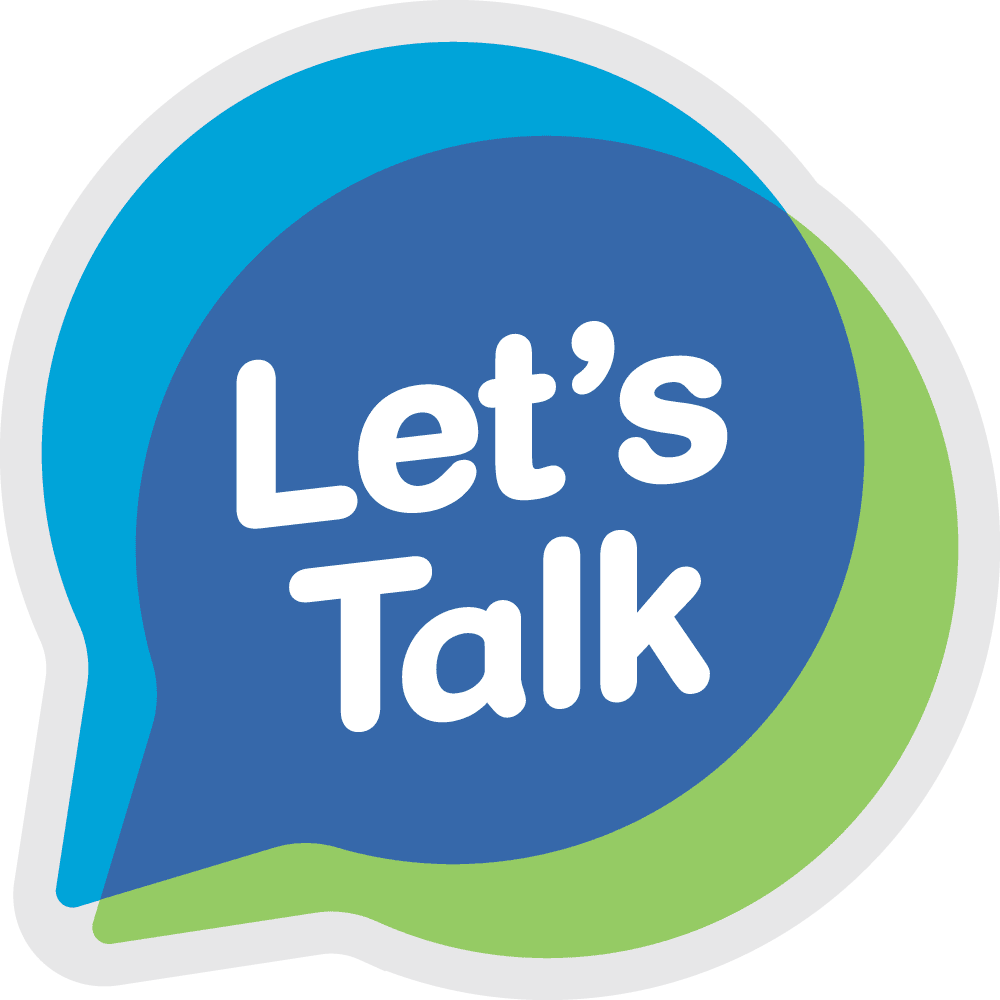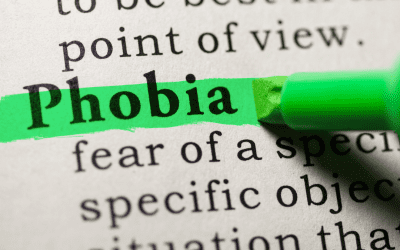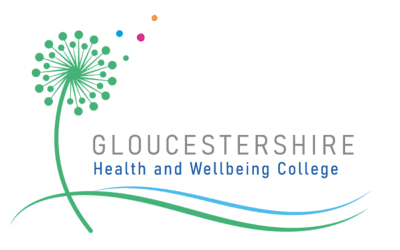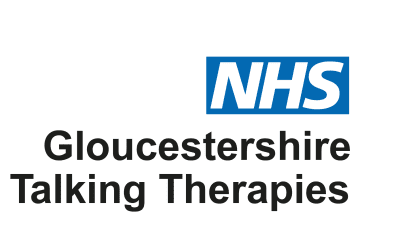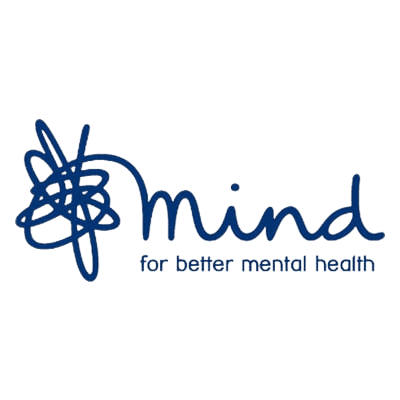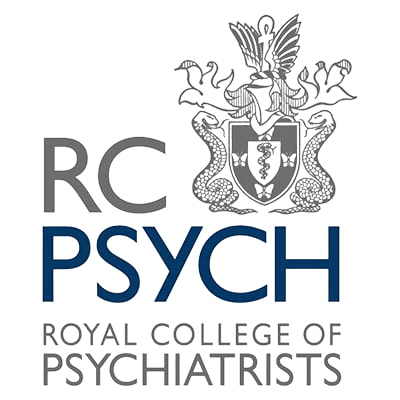Services
Anxiety
If you live in Gloucestershire and feelings of anxiety are affecting your everyday life, we can help. Find out more about the services we offer below.
What is anxiety?
Anxiety is a feeling of unease, worry or fear. Everyone feels anxious at some point in their life, but for some people it can be an ongoing problem. If you feel anxious all of the time or it’s affecting your daily life, seek help as soon as possible as there’s lots which can be done to help.
You can find out more about anxiety on the NHS website here.
Getting help
Let’s talk can help
Let’s Talk is our Improving Access to Psychological Therapies (IAPT) service. We offer guidance, courses and talking therapies that give you the skills and techniques to manage difficult days, lift your mood and improve your overall wellbeing.
It is a free service and is there to listen, help and suggest the best way forward for you.
How to access Let’s Talk
You can refer yourself to Let’s Talk by calling 0800 073 2200, or you can ask you GP to refer you.
For more information about the support available, please visit the Let’s Talk website.
Treatment for anxiety
Let’s talk can help
How we may help, and some of the treatments on offer.
Treatment for anxiety usually involves a combination of self-help, talking therapies and medicines.
The treatment that will be recommended will be based on the type of anxiety you have and whether your anxiety is a symptom of another condition.
You can learn more about the types of and treatments available by visiting NHS Choices.
Our teams and services
Where to find us, and which services can help you.
Living with a mental health condition
Information for patients and carers on the wider aspects of living with a mental health condition.
Mental illness can affect many areas of your life. This section has information on many aspects of your daily life, from physical health to work, education and recovery. Select an area below to learn more:
Five Ways to Wellbeing
health conditions, such as depression, anxiety and stress, can be relieved by following some simple steps
called the Five Ways to Wellbeing.
- Connect with people – your family, friends, colleagues and neighbours. Speaking to people over the
telephone or online can help, but there’s nothing like being in the company of others to boost your mood. - Get active – take a walk, go cycling, join a dance class, go swimming or play a game of football. Find an
activity that you enjoy and make it a part of your life. Anything that raises your heart rate – even cleaning
the house – can help. - Keep learning – give yourself a sense of achievement and a new confidence. Why not sign up for that
cooking course, start learning to play a musical instrument, learn a new language, or figure out how to fix
your bike? - Give – even the smallest act can count – whether it’s a smile, a thank you or a kind word. Larger acts, such
as volunteering at your local community centre, can improve your mental wellbeing and help you make
new friends. - Be mindful – be more aware of the present moment, including your feelings and thoughts, your body and
the world around you. Some people call this awareness ‘mindfulness’ and it can positively change the
way you feel about life and how you approach challenges.
Drugs and alcohol
Support in Gloucestershire
CGL Gloucestershire is a free and confidential drug and alcohol service for adults (including offenders), families, carers and affected others. They provide information, support, advice and treatment options from three main hubs across the county – Cheltenham, Gloucester and Stroud. They also work from a range of other locations including pharmacies and community venues. https://www.changegrowlive.org/content/cgl-gloucestershire
Support in Herefordshire
Addaction Herefordshire offers information, advice and support for people with drug and alcohol issues every weekday, and on alternative Saturdays. There is a young people’s service for those aged 11+. Their recovery-focused service has bases in Hereford as well as outreach via partner organisations. They aim to support people to overcome their issues and develop the skills necessary to go on to live a fulfilling life in recovery. They also support the families of people with substance misuse issues. www.addaction.org.uk/services/addaction-herefordshire
Money and mental health
The Money Advice Service is also a good source of information and support around money and debt.
- Taking Control of Debt
- Money Problems and Poor Mental Wellbeing
- Help if You’re Struggling With Debt
Employment
Find out more here.
Medical records
Head of Health Records, Rikenel, Montpellier, Gloucester GL11LY.
In your letter, give:
- your name
- address
- date of birth
- any other information which would help locate your file
Please note: there may be a charge for this service. If you think that information in your health records may not be accurate, please notify us in writing.
Medication
Our Choice and Medication website helps you make a decision about medication and some treatments. The Trust’s pharmacy service supports staff, service users and carers in achieving safe and effective management of medicines. For more information, please visit our Choice and Medication website.
Pregnancy and mental health
Taking your medication whilst pregnant
If you are on medication, or specific medication has been suggested to you, the Best Use of Medicines in Pregnancy (BUMPS) website is a helpful resource. This free service gives the most up-to-date, evidence-based information for women and their families. This website is an excellent resource but please still discuss any medication changes with your doctor.
Smoking
- Smoking is the primary reason for the 10 to 20 year shortened life expectancy for people with a mental health disorder. Smoking causes cancer, cardio vascular disease and chronic obstructive pulmonary disease
- People with mental health conditions consume 42 per cent of all tobacco bought in the UK
- Many think smoking is a mood enhancer – in fact it causes depression, stress and anxiety
- Smokers have a 79 per cent increased risk of being diagnosed with Alzheimer’s disease
These are just some of the reasons why cutting down or giving up smoking altogether can have a huge impact on improving your health and wellbeing.
How to get help quitting:
- If you are one of our service users, ask to speak to a Smokefree Champion or Quit Advisor
- If you live in Gloucestershire, visit hlsglos.org or ring 0800 122 3788
- You can also call the national Smokefree helpline on 0800 022 4332 (Monday to Friday 9am to 8pm, Saturday and Sunday 11am to 5pm)
- GPs can provide advice and prescriptions for nicotine replacement therapy (NRT) products and most surgeries have nurses who offer a stop smoking service
- The national Smokefree website includes a wide range of support options and advice
Information for professionals
Gloucestershire Talking Therapies is our Improving Access to Psychological Therapies (IAPT) service for patients registered with a GP in Gloucestershire.
Patients are able to self-refer; however Primary Health Care Professionals can refer patients to our service on their behalf.
Find out more about referring a patient on their dedicated website
News
Tackling Phobias
Did you know that our Talking Therapies service can treat a range of mental health problems,...
Health and Wellbeing College – Autumn/Winter 2024 prospectus
Gloucestershire Health and Wellbeing College (GHW College) delivers educational courses teaching people the skills, techniques and knowledge to make them experts in their own recovery from long-term physical and mental health conditions.
Using Cognitive Behavioural Therapy to Manage Stress
Not feeling like yourself right now? Maybe you’re feeling irritable, worried, scared, struggling...

